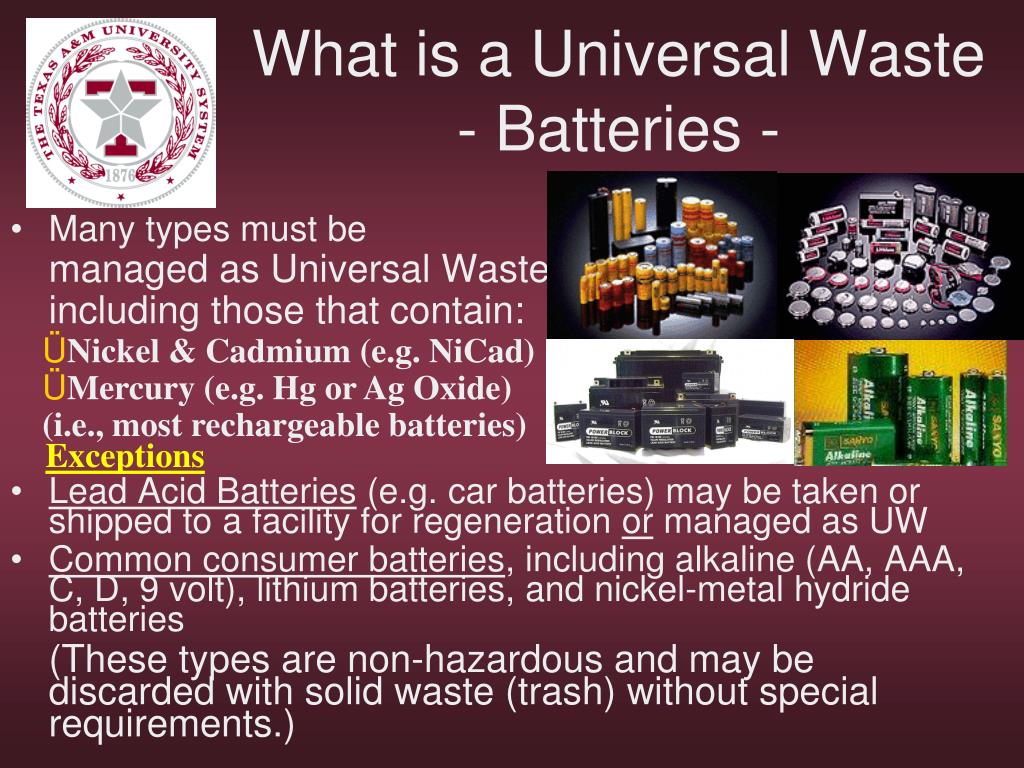

If this trend continues, global EV battery production would grow fourteenfold. Lithium-ion (Li-ion) battery production, which makes up more than 70% of the rechargeable battery market, went up by one-third last year its price, on the other hand, dropped to USD 110 per kilowatt hour (from USD 1,000 in 2010). OEMs wishing to secure the supply chain for future EV sales are increasing investment, intensifying raw material extraction processes, and driving the price of batteries down, thereby incentivizing demand. The Problem with Electric Vehicle Batteries and Their Supply ChainĪ projected rise in the uptake of electric cars is bound to carry over into EV battery demand. Overall, the market is growing, and it is expected to keep growing until reaching a worldwide tally of 125 million EVs by 2030.

Their driving range is improving, their charging time is constantly shrinking, and their total-cost-of-ownership is decreasing thanks to strong investor enthusiasm, private sector demand for low-emissions commercial fleets, and fiscal incentives (such as the EU’s 2020 subsidy scheme to buffer EV purchases from the COVID-induced downturn).

There were only 10 million vehicles worldwide in 2020, mostly concentrated in China and Europe, making up a paltry 4.6% of the world’s passenger car sales and 1% of its cars.īeyond the increased supply, electric cars are gradually becoming more competitive. How Big Will the Electric Vehicle Market Become?Īs it stands, EVs account for a small portion of the market. The lack of firm policy frameworks for the restructuring of the EV battery industry, in terms of material sourcing, implementation by the original equipment manufacturers (OEMs), and traceability throughout the supply chain, risks creating an electric car battery disposal problem that undoes the ‘greenness’ of electric mobility. That said, there are presently no regulations regarding EV battery end of life. This transition bodes well for decreases in greenhouse gas emissions (GHGs) and an overall improvement in fuel economy.
WASTE MANAGEMENT BATTERY TRACKER REGISTRATION
The more countries pledge to phase out the registration and sale of internal combustion engine (ICE) vehicles, and the more consumers spend on EV purchases year-over-year, the more the global automotive industry shifts toward electrification. It does not store any personal data.Electric vehicles (EVs) are a thing of the future. The cookie is set by the GDPR Cookie Consent plugin and is used to store whether or not user has consented to the use of cookies. The cookie is used to store the user consent for the cookies in the category "Performance". This cookie is set by GDPR Cookie Consent plugin.

The cookie is used to store the user consent for the cookies in the category "Other. The cookies is used to store the user consent for the cookies in the category "Necessary". The cookie is set by GDPR cookie consent to record the user consent for the cookies in the category "Functional". The cookie is used to store the user consent for the cookies in the category "Analytics". These cookies ensure basic functionalities and security features of the website, anonymously. Necessary cookies are absolutely essential for the website to function properly.


 0 kommentar(er)
0 kommentar(er)
